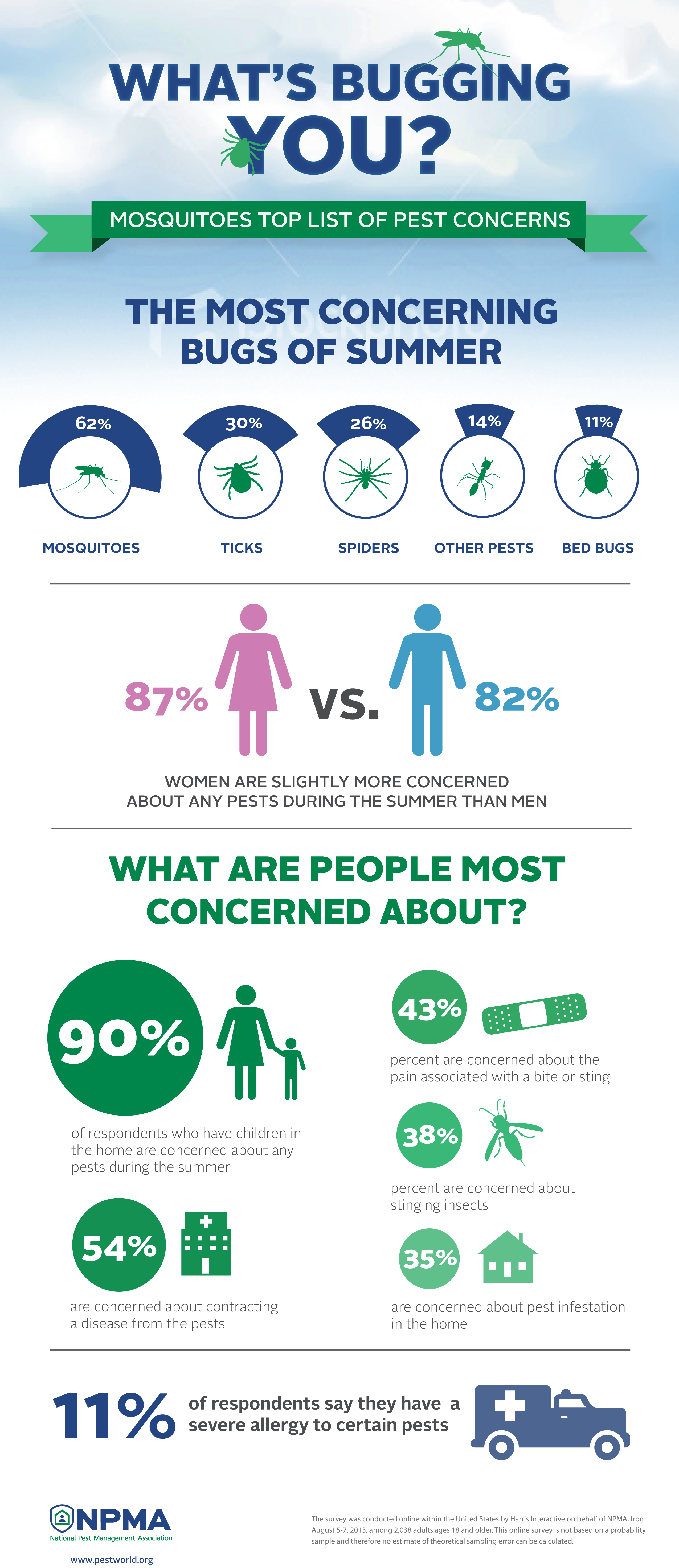The Pros And Cons Of Chemical Bed Pest Treatments: What You Need To Know
The Pros And Cons Of Chemical Bed Pest Treatments: What You Need To Know
Blog Article
Author-Dillon Lohse
Did you know that bed pests are among one of the most difficult bugs to get rid of? If you're thinking about chemical treatments to do away with these pesky animals, it is essential to weigh the benefits and drawbacks.
In this article, we'll explore the effectiveness of chemical bed insect therapies, the possible health and wellness risks related to them, and their influence on the setting.
By recognizing these aspects, you'll be better geared up to make an educated decision regarding tackling your bed pest problem.
Performance of Chemical Bed Bug Treatments
You will certainly be pleased to understand that chemical bed insect therapies are usually quite reliable in eliminating problems. Related Web Page by targeting the bed bugs' nervous system and disrupting their capacity to feed and reproduce. By using chemicals especially developed to eliminate bed bugs, you can properly remove them from your home.
One of the benefits of chemical therapies is their ability to get to even one of the most hard-to-reach areas, such as splits and gaps where bed insects like to hide. Additionally, chemical therapies can provide lasting results, helping to avoid future invasions.
However, it's important to follow the instructions thoroughly and take needed security precautions when utilizing these therapies.
Possible Health And Wellness Threats of Chemical Bed Insect Therapies
There are numerous potential health dangers related to chemical bed pest therapies that you ought to understand. While these treatments can properly get rid of bed bugs, they might additionally pose dangers to your health and wellness.
One common danger is the direct exposure to hazardous chemicals. The chemicals made use of in these treatments can be harmful if inhaled or if they enter contact with your skin. Some individuals may experience allergic reactions or respiratory problems consequently.
In addition, chemical treatments may leave residue on surfaces, which can be consumed or absorbed through the skin, leading to further health and wellness issues.
It's important to meticulously comply with the guidelines supplied by experts and take needed preventative measures to minimize the possible health and wellness threats connected with chemical bed pest therapies.
Environmental Influence of Chemical Bed Bug Therapies
One prospective worry about chemical bed bug therapies is their influence on the atmosphere. When considering the environmental effect of chemical bed bug treatments, right here are four crucial variables to remember:
1. Pesticide runoff: Chemical treatments can possibly contaminate water sources, leading to hazardous impacts on aquatic life and environments.
2. Air contamination: The release of chemical fumes throughout treatment can add to air pollution, influencing not only the setting yet likewise human health.
3. https://telegra.ph/The-Cost-Of-Insect-Control-Components-To-Think-About-05-06-2 to useful pests: Chemical therapies may not only target bed pests however additionally damage beneficial pests such as bees and butterflies, which play crucial duties in pollination.
4. Long-term effects: Making use of chemicals might have long-lasting effects on the environment, consisting of dirt contamination and disturbance of all-natural ecological communities.
Considering these factors, it's crucial to evaluate the possible threats and advantages of chemical bed pest therapies and explore alternative, much more eco-friendly alternatives.
Verdict
So, when it comes to chemical bed bug therapies, there are definitely benefits and drawbacks to consider.
On one hand, they can be highly reliable in doing away with these pesky insects.
However, there are possible health dangers to be familiar with, as well as the ecological influence of using chemicals.
Property damage is necessary to weigh these elements thoroughly before picking a therapy method.
Yet, what happens if there was an additional solution? Something that could efficiently eliminate bed insects without the disadvantages?
Remain tuned, due to the fact that there may just be an unusual alternative imminent.
